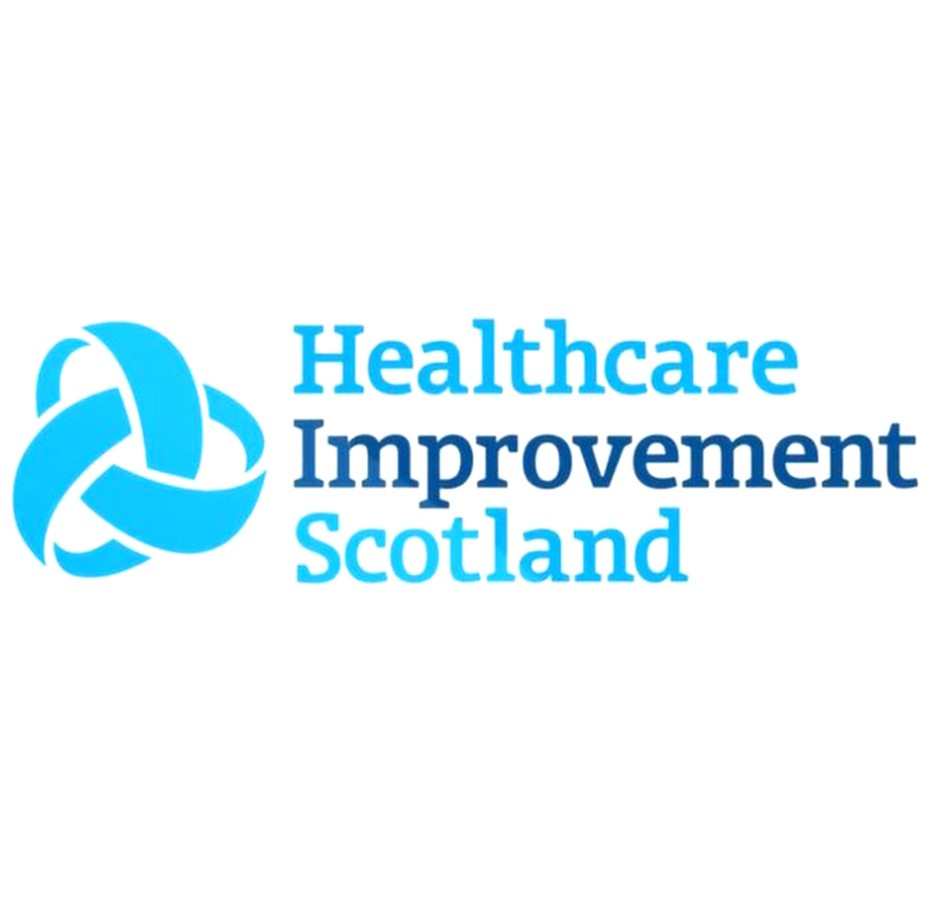Clinical picture
- Persistent often severe nausea.
- Little relief from vomiting or retching.
Cause
- Chemical stimulation of CTZ.
By
- Drugs, including cytotoxics and opioids (also delay gastric emptying), NSAIDs, syrupy liquids, antibiotics, antidepressants, anticonvulsants, digoxin/cardiac drugs, alcohol.
- Carcinomatosis/chronic inflammation (cytokine induced).
- Metabolic, for example uraemia, hypercalcaemia, hyponatraemia, ketoacidosis, infection, Addison’s disease, circulating toxins, hormone imbalance.
Treatment
- Treat metabolic imbalances.
- Dopamine antagonist, for example QTmetoclopramide(caution in use of prolonged higher doses, monitor for extrapyramidal side effects) 10mg up to four times a day orally or subcutaneously or 30mg to 60mg over 24 hours by continuous subcutaneous infusion (unlicensed use). Specialists may recommend higher doses.
or
- QT†haloperidol 500micrograms to 1.5mg orally at night or twice daily, or 500micrograms to 1mg subcutaneously daily (start with lower doses in renal failure and elderly and frail patients) or 1mg to 5mg over 24 hours by continuous subcutaneous infusion titrated to effect (unlicensed use)
- QT†levomepromazine* 2.5mg to 5mg by subcutaneous injection 12 hourly as needed or 5mg to 15mg in 24 hours by continuous subcutaneous infusion. May need to give subcutaneous injection more frequently initially, for example hourly, to control symptoms. Consider change to oral route if symptoms resolve.
- Cytotoxic/chemotherapy induced – check local policy.
For persistent problems, seek specialist advice.

